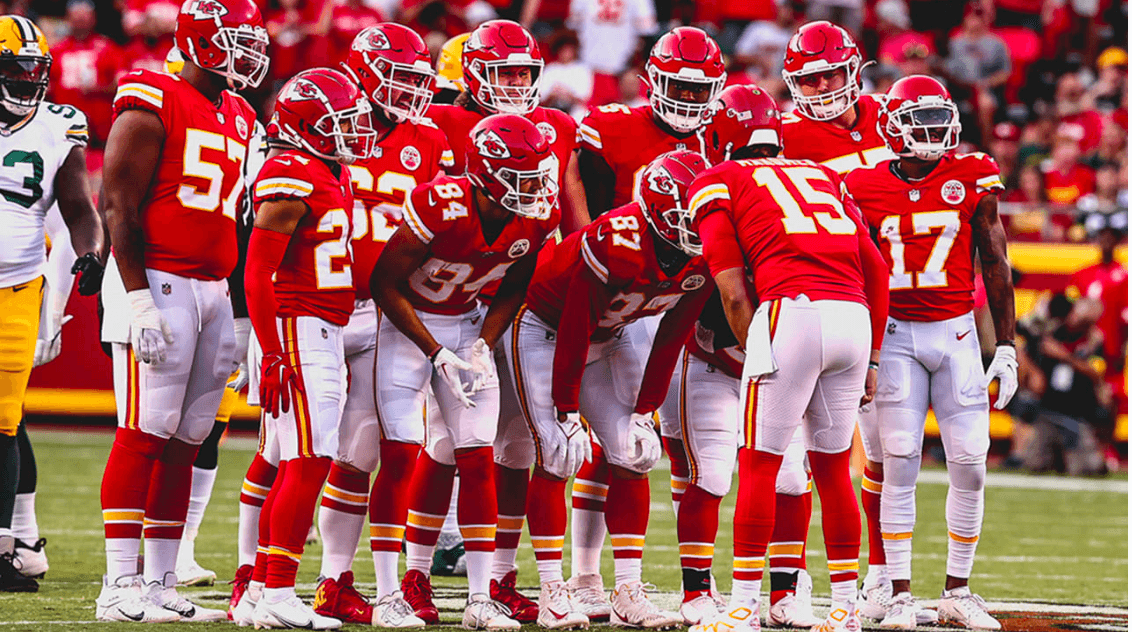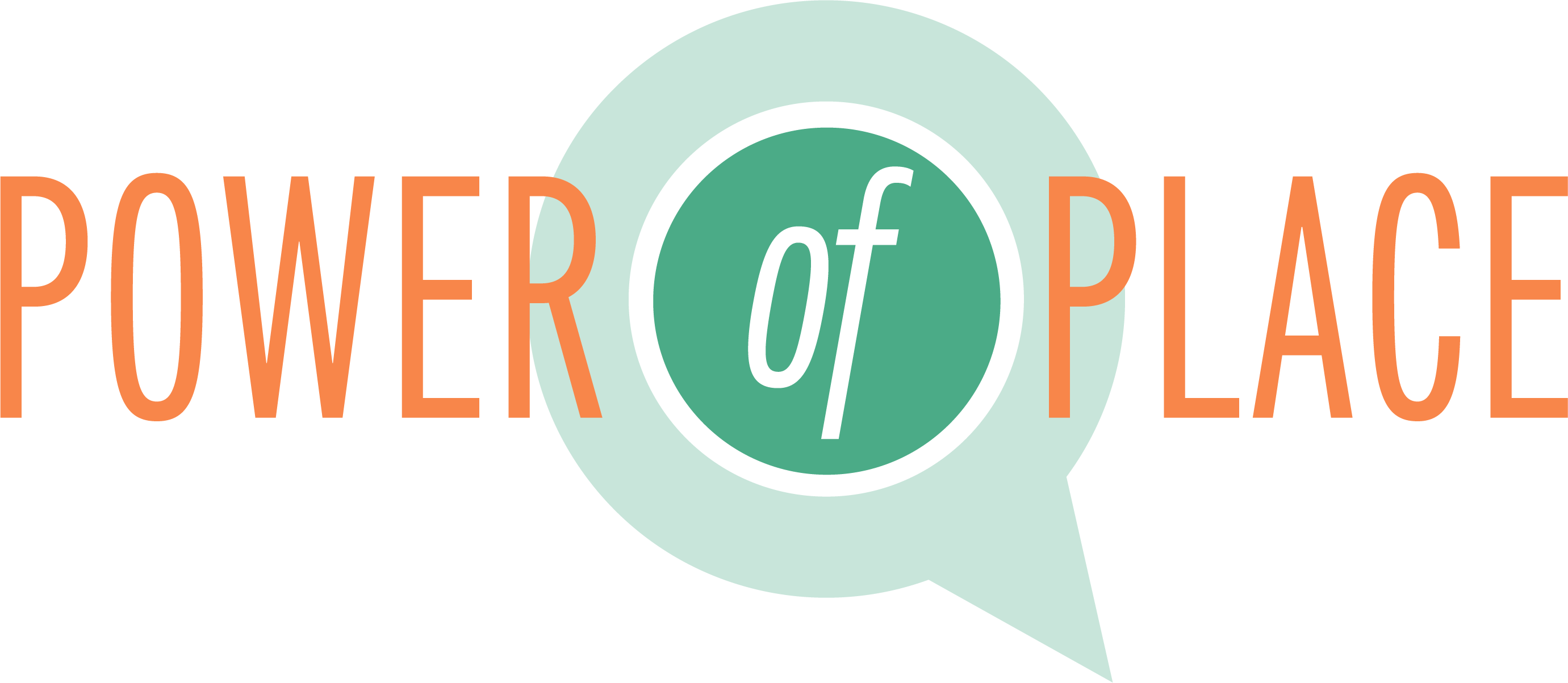January 26, 2024 Read Time:
Teaming
I am a lifelong football fan, and like so many of you, have been glued to the TV for the last couple of weeks. But in addition to cheering for the Kansas City Chiefs (because of close cousins who live there, not Taylor Swift), I've been thinking a lot about the importance of team-building.

We are quick to recognize the value of athletes working as a team on the field, and cheer when they make gravity-defying plays that would not be possible without the support of their teammates. We relish demonstrations of excellence that come from the collective effort of athletes working together.
Beyond our intuitive understanding of the importance of teams, there is plenty of evidence across the physical and social sciences pointing to what we gain from working together. In medicine, “team science” is a collaborative effort to address a scientific challenge that leverages the strengths and expertise of professionals, often those trained in different fields. In the corporate world, as Harvard Business Professor Amy Edmondson tells us, "teaming occurs when people apply and combine their expertise to perform complex tasks or develop solutions to novel problems." She cites four behaviors that drive success: speaking up; collaboration; experimentation; and reflection.
Educators are in the business of navigating complexity and solving problems, but we often have a difficult time leaning into regular collaborative practices in the school environment. Traditional public schooling was designed to be efficient, to sort students into categories that would suit an industrial economy. The old mental model of the lone teacher at the front of the room and students sitting at individual desks exemplifies both teaching and learning as primarily individual achievements. In today’s society, that model no longer works.
There are numerous examples both in and beyond Essex County of schools engaged in team efforts, such as educators utilizing expanded common planning time, PLCs, and Critical Friends Groups, or students engaging in jigsaw assignments, pair-sharing, gallery walks, and more. Change is underway.
It can be challenging to find space for teamwork. But the research on teaming, community building, and system redesign reminds us that it takes many minds working together to solve complex problems. The good news is that when we collaborate, we learn from one another. We are energized by the time we spend together; we are motivated to try new things knowing that our colleagues have our back. Getting to know one another is slow and patient work, but ironically, it is the most efficient and effective way to create environments that benefit all learners.
This is what Power of Place is all about, and what we aim to offer through all of our learning experiences. We hope you will invite your colleagues to experience the power of learning-in-community.

